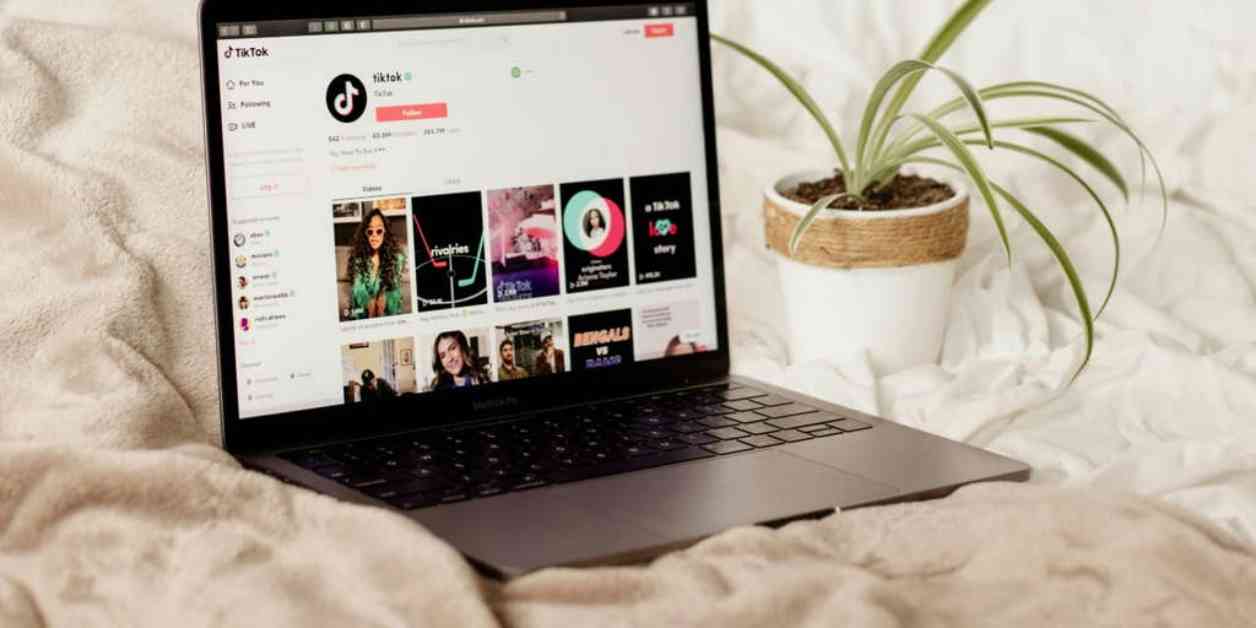TikTok is facing a serious threat from hackers who are targeting high-profile accounts on the platform. Celebrities like Paris Hilton and brands like CNN have fallen victim to a malicious code sent via direct messages. What’s alarming is that users don’t even need to click on any links or download files to get hacked – simply opening the message is enough to infect their device.
The recent attack on TikTok accounts is known as a zero-click attack, where hackers can take over an account without the owner needing to do anything other than open a DM. TikTok’s security team is aware of the exploit and is working to prevent future attacks by collaborating with affected account owners to restore access.
This is not the first time TikTok has been targeted by hackers. In 2023, over 700,000 accounts in Turkey were compromised due to a security flaw in the two-factor authentication system. In 2022, Microsoft discovered a major vulnerability in the TikTok app that allowed hackers to hijack accounts with a simple click on a malicious link.
Concerns about TikTok’s data security and its ties to its Chinese parent company, ByteDance, have raised red flags among lawmakers. The U.S. government is wary of the app being used for espionage or influencing American users. President Biden has even signed a bill requiring ByteDance to sell its U.S. TikTok operations or face a ban in the country.
To protect yourself from falling victim to TikTok DM hacks, follow these steps:
1. Use strong antivirus software to guard against phishing attempts.
2. Create strong, unique passwords and consider using a password manager.
3. Enable two-factor authentication for an extra layer of security.
4. Keep your TikTok app and other software up to date with the latest security patches.
5. Review and adjust your privacy settings to limit exposure to potential hackers.
6. Monitor your account activity regularly for any suspicious behavior.
Despite these security measures, it’s crucial to exercise caution when using TikTok, especially in light of recent hacking incidents. If someone prompts you to click on a link or share personal information, take a moment to pause and verify the legitimacy of the request before taking any action.
As concerns about social media platform security continue to grow, it may be necessary for government intervention to enhance the protection of user data and privacy. Stay informed and stay safe online by subscribing to cybersecurity newsletters and following expert advice on digital safety practices.




















